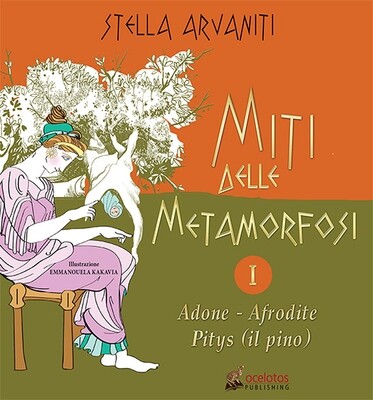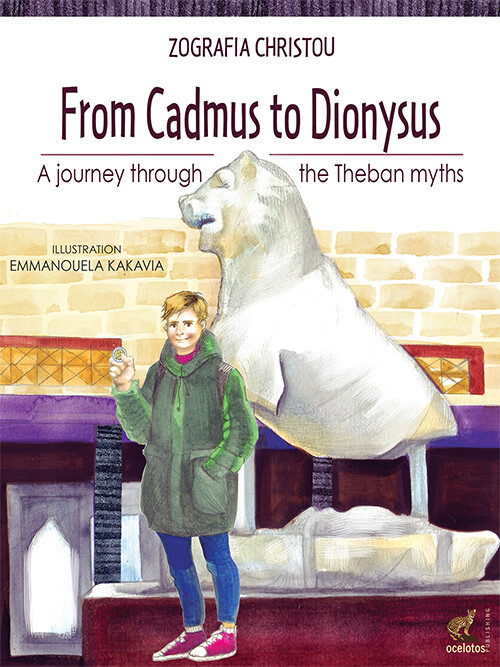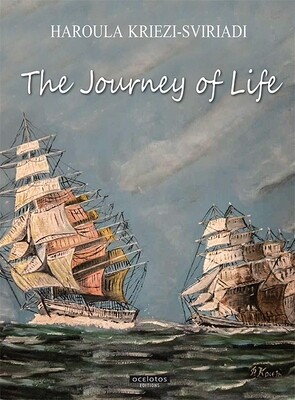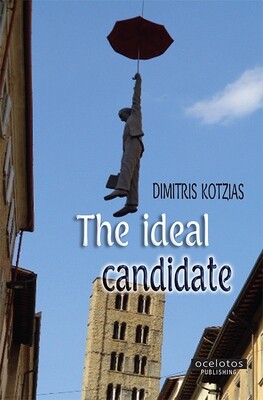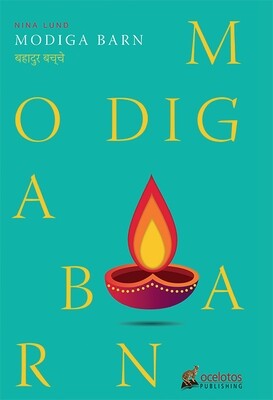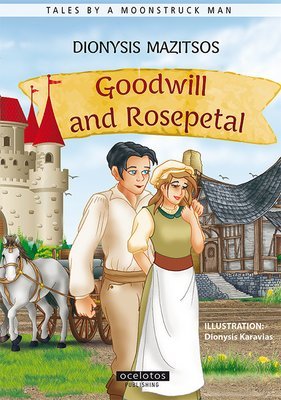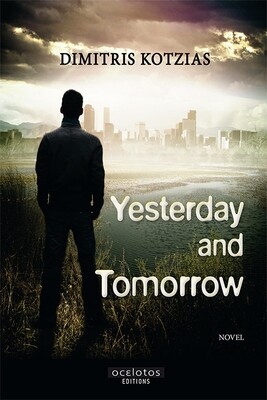
From Cadmus to Dionysus
During ancient times the myths were transmitted by word of mouth and were an integral part of everyday life. They were a key element of cultural discourse, which was directly linked to the people’s education and training, giving scope to human values. That is why Greek Mythology is still a source of inspiration and creation not only for the Greeks, but also for the whole western world.
Thebes is one of the oldest cities in Greece and is undoubtedly both historical and one of its most mythical cities. Its mythological background is certainly not limited to the birth and achievements of Hercules; on the contrary, there are numerous myths associated with its founding, the descendants of Cadmus and their fate, the Theban circle and other smaller deities, such as the Cabeiri.
It is therefore worth getting to know some of them, starting with the founder of Thebes, Cadmus, and ending with that - originally from the generation of Cadmus - lucky, divine child, Dionysus, the god of Wine, Feasting, but also of Drama.
Few words from the author...
I was born in 1980, grew up in Thebes and I am a graduate of the Department of German Language and Literature of the Aristotle University of Thessaloniki and the Ruhr Universität in Bochum. I also studied at the Hellenic Open University in the Department of «Cultural Organizations Management». I live and work in Thebes, I am a Mum, I love children, volunteering, traveling – physically or mentally – and, of course, books, especially children’s books, because they give me the opportunity to dream, fantasize and travel.
I actually discovered my hometown when I was studying in Germany. Meeting several students from many different countries at that time, I realized, to my surprise, that Thebes was world famous, and, in fact, everyone stopped and looked with admiration at the word «Thebes». This sparked my desire to delve deeper into the History and Mythology of this place and pass it on to the younger generations.
The book «From Cadmus to Dionysus» presents, in a simple and metric way, the myth of Cadmus, the founding of Thebes, and the birth of Dionysus. On the one hand, it illuminates the myth itself and, on the other hand, it satisfies my innermost need to introduce him to children and bring them closer to this beautiful world of myths from my city of Thebes.
